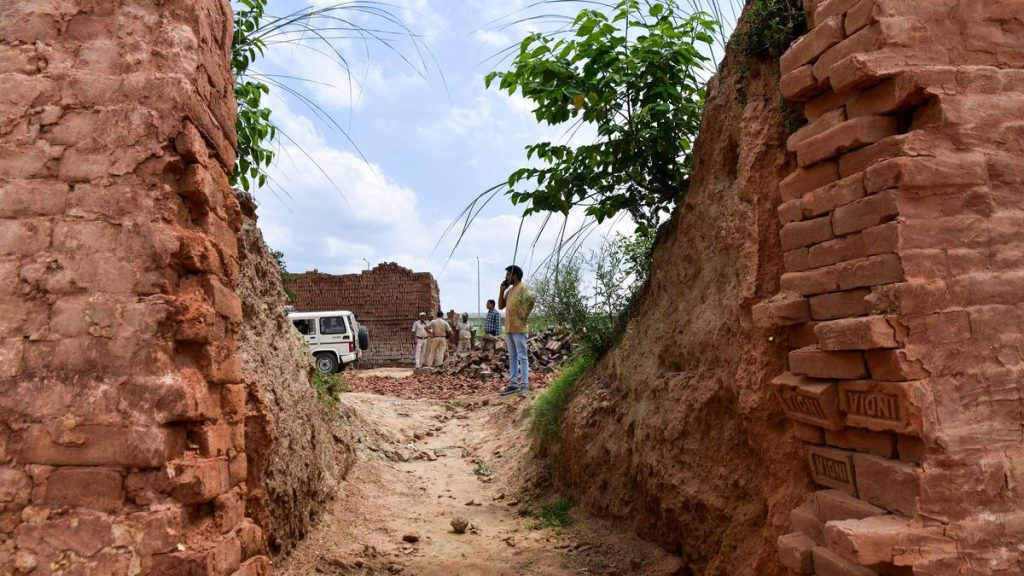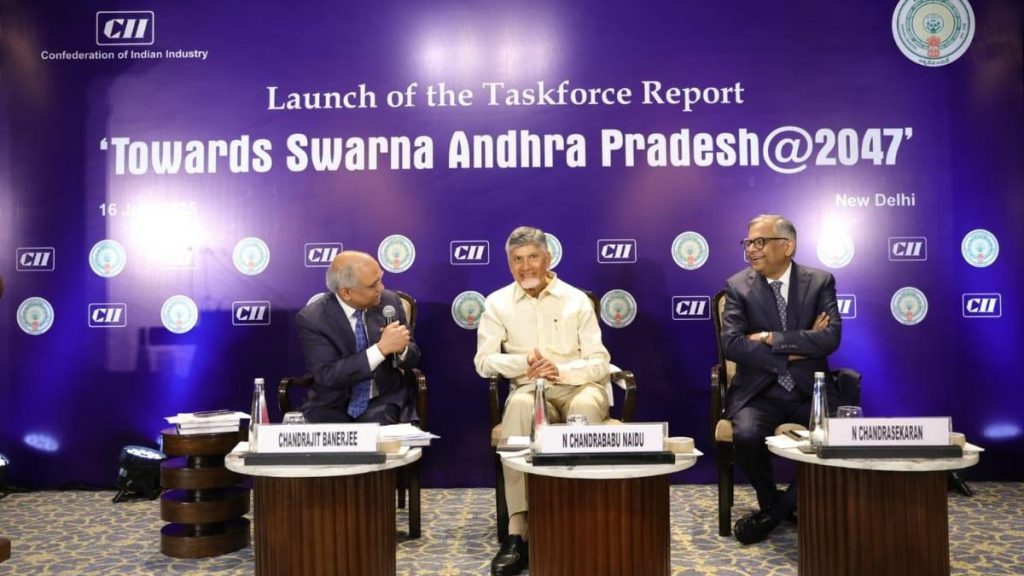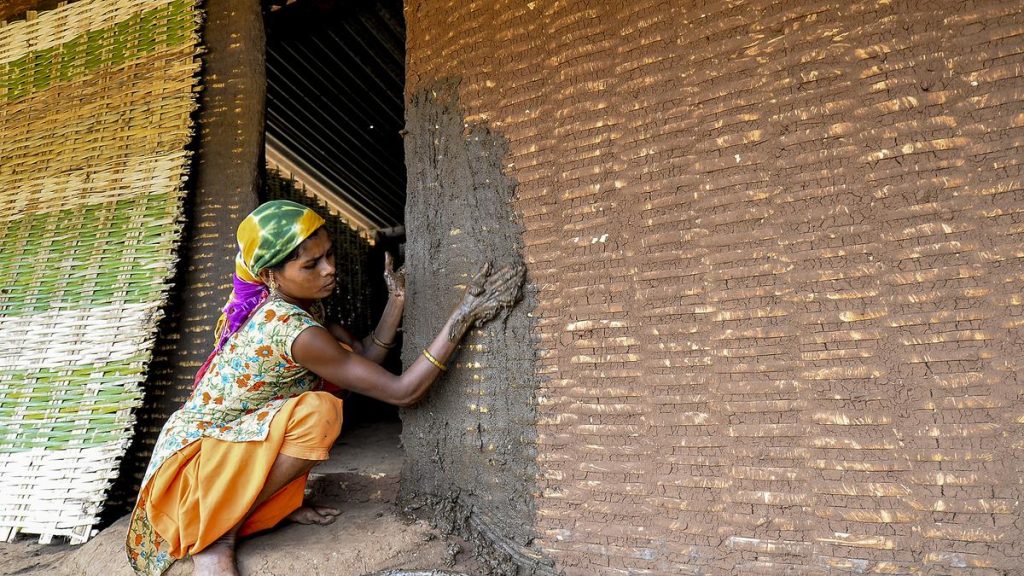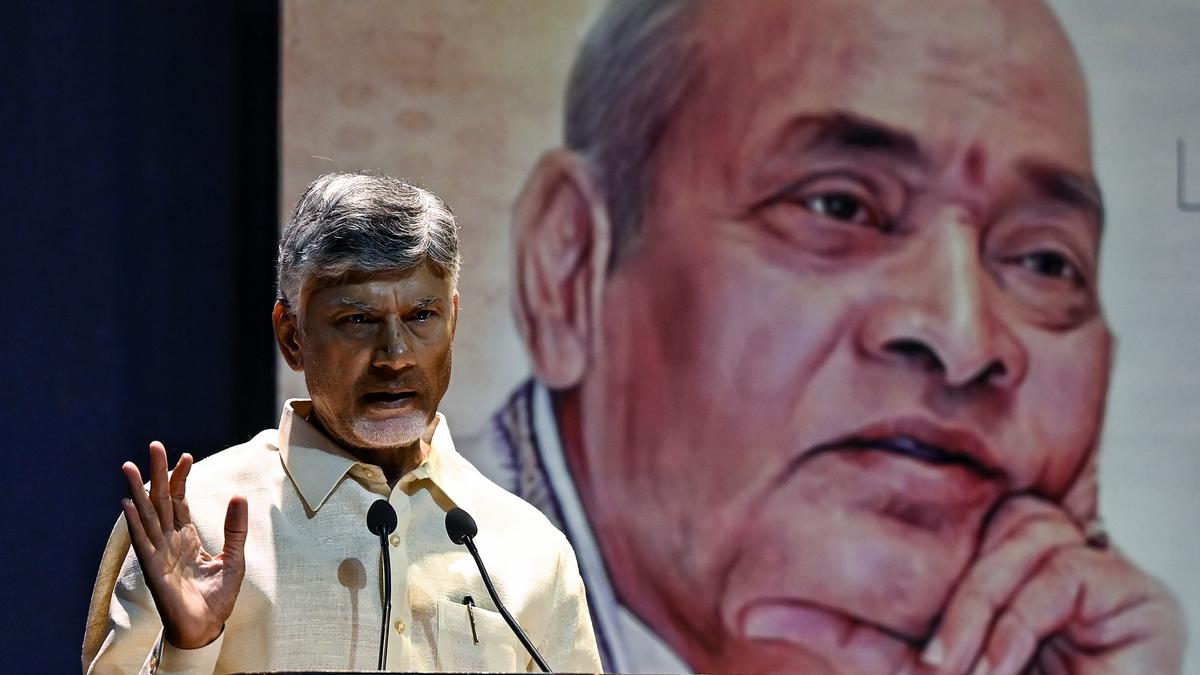Now Reading: Madras Hosts India’s Oldest Hockey Tournament
-
01
Madras Hosts India’s Oldest Hockey Tournament
Madras Hosts India’s Oldest Hockey Tournament
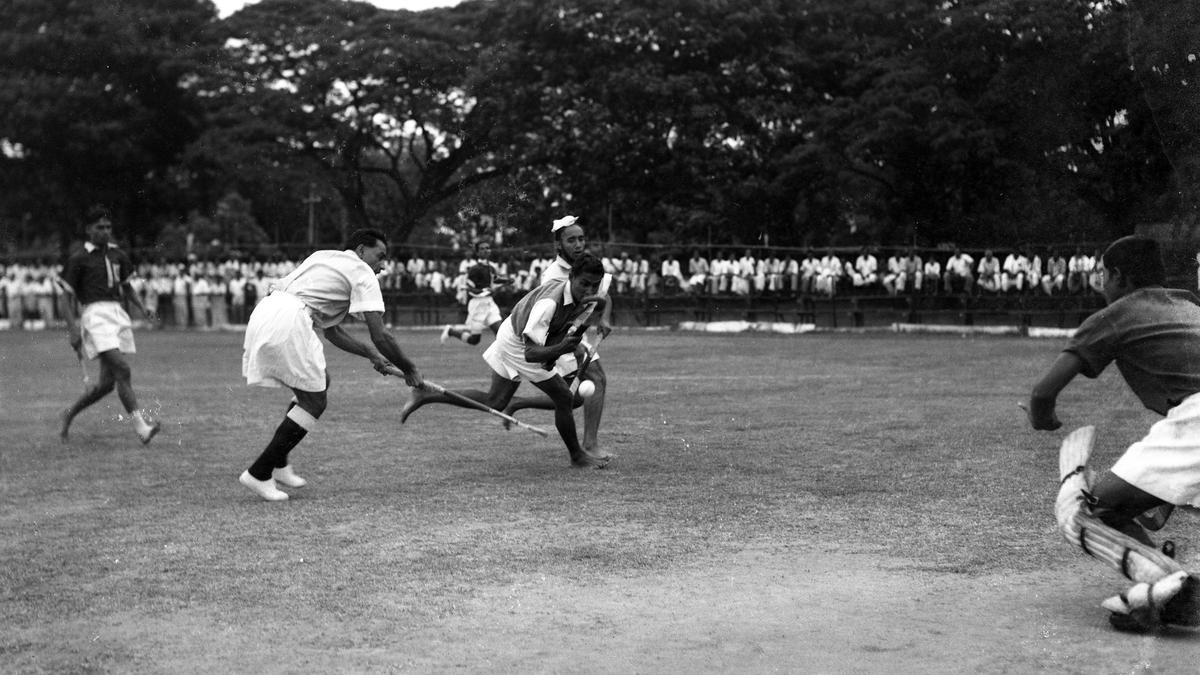
Quick Summary
- The MCC Murugappa All India Hockey Gold Cup Tournament,India’s oldest hockey tournament,is currently underway at the Mayor Radhakrishnan Stadium in Chennai.
- First played in 1901 as the “Madras Hockey Tournament,” it has had breaks due to World Wars and other circumstances but remains a prestigious event today.
- Initially organized by the Madras Cricket Club (MCC) established in 1846, hockey was introduced late in the 19th century as an off-season fitness activity for cricketers.
- The Madras united Club fielded South India’s first native team against British players in its early years.
- The game gained traction by the 1920s under key influencers like Burma Shell’s R.C. Summerhayes and Indian sports legend M.J. Gopalan.
- By the 1930s, Anglo Indian teams elevated hockey’s status locally, contributing players to India’s Olympic contingents such as V. Baskaran and V.J. Peter.
- The Murugappa Group joined hands with MCC in 1996 to reinvigorate this historic tournament begun with their Gold Cup initiative of 1962.
- This year’s edition has semi-finals on July 19 and finals on July 20; notable additions include participation from a Malaysian team for the first time and third umpire technology along with a tree plantation campaign tied to each goal scored.
Indian Opinion Analysis
The MCC Murugappa All India Hockey Gold Cup highlights rich historical traditions while adapting modern elements like international participation and enhanced technical facilities such as third umpiring measures. Its evolution reflects how institutional support-first from colonial clubs like MCC and later industrial sponsors like Murugappa-has been pivotal for sustaining sports ecosystems through transitions shaped by societal change.The inclusion of an overseas team demonstrates aspirations toward greater global collaboration, which could contribute positively to India’s sporting footprint on international forums without overshadowing local contributions or talent cultivation efforts domestically. Initiatives coupling environmental consciousness with competitive events show engaging ways sports can address broader issues effectively.In reviving interest consistently across decades despite interruptions or slowdowns attributable external conflicts/world events offers robust case study signals legacy institutions empowering core methods evolve ongoing contexts sustainably connect next-generation continuity steps align reshaped sporting culture environmental adaptivity!


